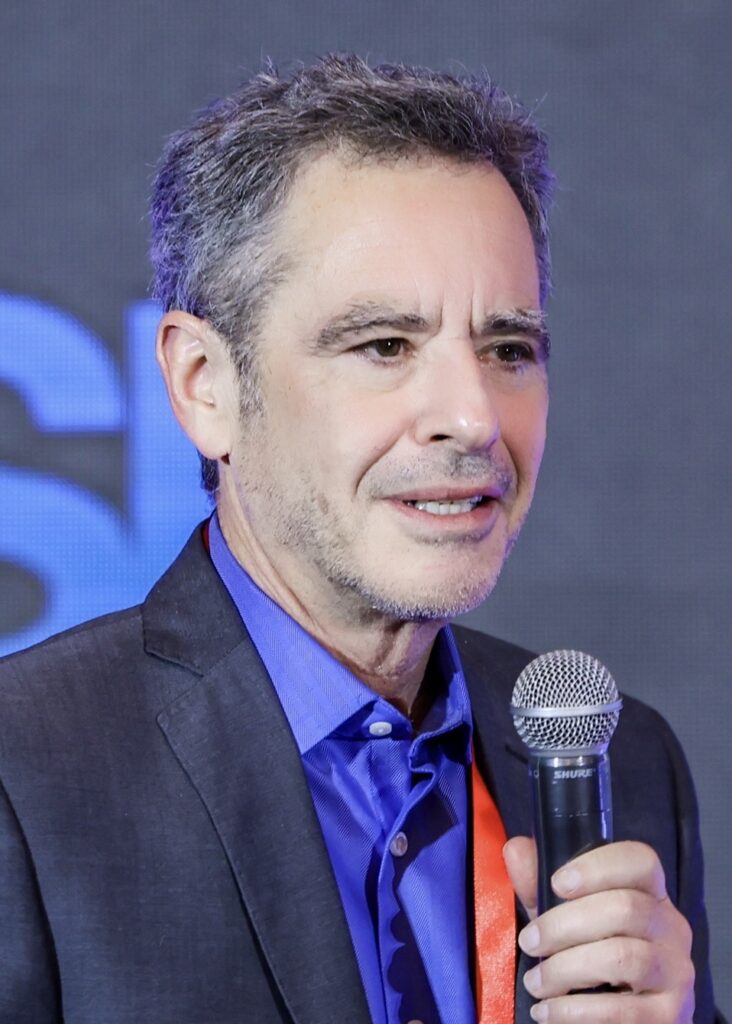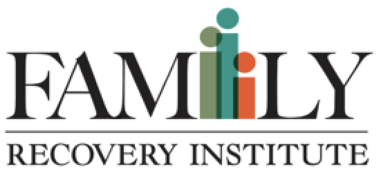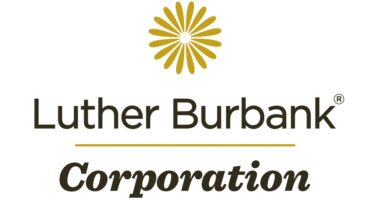NARRATIVE:
Trauma-informed care acknowledges the wisdom of the client and their mind-body experience of an event or situation that has impacted their way-of-life. Understanding trauma as a body-based experience, mental health professionals are exposed throughout to the sensory and somatic memories of their clients. In assisting clients during their healing process, therapists must also uphold best ethical practices by maintaining personal well-being. This workshop will address trauma informed care (TIC) from a body-based and somatic lens, as well as the responsibility of managing stress and burnout in mental health settings. With the intention of fostering client resilience, this presentation will explore the role of provider well being within the psychotherapeutic relationship and client outcomes.
This presentation will include research on the mind-body connection and trauma, exploration of holistic health, dance/movement therapy, mindfulness, and self-care techniques, and discussion to support best practices in psychotherapy. Current research on TIC, vicarious trauma in psychotherapy, wellness and self-care, burnout prevention, and related frameworks will be discussed as a way to reinforce provider resilience and self-awareness with the energetic transference of psychotherapy. Throughout the seminar, participants will be provided opportunities for self-exploration to identify their individual level of stress (and reduce indications of burnout), while promoting increased: self-knowledge, self-care, and understanding of holistic practices, including mindfulness and creative expression.
LEARNING OBJECTIVES:
- Define and explain the following key terms: body-based transference and countertransference, burnout and compassion fatigue, self-knowledge, mindfulness, resilience, and mind-body connection as approaches to burnout prevention.
- Integrate theoretical understanding of self-awareness and body knowledge by identifying one accessible, time sensitive, and restorative practice for every day burnout prevention and increasing client resilience.
- Name two practical tools for identifying stress in the body (self and client) and the impacts of vicarious trauma and countertransference within psychotherapy sessions.
COURSE OUTLINE (ESTIMATED TIMELINE)
8:30 AM Registration
9:00 AM Introduction of presenter
9:15 AM Trauma Informed Care, resilience, and provider experiences
9:50 AM Building self-awareness through mindfulness practice (activity)
10:00 AM Self-awareness through mindfulness: clinical implications
10:20 AM Break
10:30 AM Body-mind connection: terminology and application in psychotherapy
Body knowledge, body-based countertransference
11:30 AM Mindful movement, body-based strategies: facilitated movement
11:40 AM Mindful movement, body-based strategies: clinical implications
12:00 PM Lunch
1:00 PM Living a balanced life: terminology
Self-care, wellness, well-being, and burnout prevention
1:45 PM Self-reflection (activity) and small group discussion
2:15 PM Mindfulness in psychotherapy: terminology and practices
Discerning mindfulness and meditation
3:00 PM Break
3:10 PM Ethical applications of movement in psychotherapy
3:35 PM Closing movement practice: grounding and presence
3:45 PM Closing remarks and discussion
4:00 PM End of seminar/workshop
CONTENT CURRICULUM
Content presented in this seminar will enhance the knowledge base of post-graduate studies by introducing concepts from specialized studies in somatic and creative arts therapies. The seminar will build upon knowledge and competencies gained in doctoral studies regarding psychotherapy methods for treating trauma, and provide integrative and practical applications of methods and techniques.
Content presented in this workshop will enhance clinical practice through facilitation of documented strategies effective in the treatment of trauma and relevant to practitioner self-care.
This presentation informs best practices and limitations on scope of practice, with consideration for specialized education and training requirements in somatic psychotherapy, creative arts therapies, and dance/movement therapy to obtain certification/credentialing. Content presented will address the neuroscience/neuropsychological implications of mindfulness on client and practitioner health and well-being.
Content presented is intended for emerging and intermediate level practitioners, with established foundational knowledge of trauma, neuropsychology, and client/patient-centered theories and approaches to psychotherapy. Content presumes knowledge of general terminology and theory relevant to trauma informed care, stress, burnout, self-care, wellness, and resilience.
Content presented in this seminar is based on established literature in the trauma therapy, neuropsychology, somatic psychology, and dance/movement therapy fields, as it relates to trauma informed care, client/patient-centered psychotherapy, mind-body connection, polyvagal theory, transference/countertransference, wellness models, and movement interventions. The methodologies described and facilitated are broadly accepted within the published research available on these topics. The limitations of presented content include the broad and competing literature regarding best practices in psychotherapy treatment for trauma. The content presented is limited due to lack of publication on specific techniques/methods for facilitating body-based trauma treatment and known outcomes. The risk involved in the content provided is relevant to scope of practice and ethical applications of body-based methods for non-credentialed professionals versus those certified in these theories and methods (ex: somatic psychotherapists, dance/movement therapists, et al.).
This presentation will discuss trauma informed care principles, as relevant to serving diverse populations. The intersectionality of identity and mental health will be reviewed as relevant to treating clients with lived experience of trauma, discrimination, and other forms of marginalization. Activities and interventions will be introduced and facilitated with trauma informed language, to support the development of ethical, accessible, and inclusive care.
BIO:
Sara R. van Koningsveld, MA, LPCC/NCC, BC-DMT, GL-CMA, RYT 200 obtained her Master of Arts in Dance/Movement Therapy & Counseling (2011) from Columbia College Chicago. For over 10 years, Sara was employed in community mental health nonprofits across California, providing clinical mental health services, as well as supervision for graduate level clinicians. She has a passion for sharing knowledge, teaching in higher education, presenting at conferences, and facilitating continuing education workshops globally. Sara is the founder of WholeYou Integrative Health and Professional Clinical Counseling, Inc., which centers the mind-body connection in healing individuals, groups, and work environments.
COST:
CIP Members:
$120 early registration 10 business days prior to seminar; $150 after
Non-Members:
$150 early registration up to 10 business days prior to seminar, $180 after
CEs: 6 CEs for LMFTs, LCSWs, LPCC’s, and 6 CE’s for Psychologists. Participants must attend the full live session and complete the evaluation at the end to receive a CE completion certificate.
The Community Institute for Psychotherapy is approved by the American Psychological Association to sponsor continuing education for psychologists. The Community Institute for Psychotherapy maintains responsibility for these programs and their contents.
Accommodations will be made wherever possible for those with disabilities. Please let us know of any disabilities upon registration to ensure proper accommodations are put in place prior to the workshop/training.
Cancellations must be received in writing 10 business days prior to the seminar, class, or first study group session for a refund minus a $25 cancellation fee. Cancellations less than ten days will not be refunded.
Grievance Procedure: CIP will respond to complaints in a reasonable, ethical and timely manner, when submitted by program attendees in writing to the Chair of CIP’s Professional Development Committee.
Anti-Discrimination Policy: CIP shall not discriminate against any individual or group with respect to any service, program or activity based on gender, race, creed, national origin, sexual orientation, religion, age or other prohibited basis. CIP does not require attendees to adhere to any particular religion or creed in order to participate in training. CIP will not promote or advocate for a single modality of treatment that is discriminatory or likely to harm clients based on current accepted standards or practice.
*There is no conflict of interest or commercial support related to this CE program.













